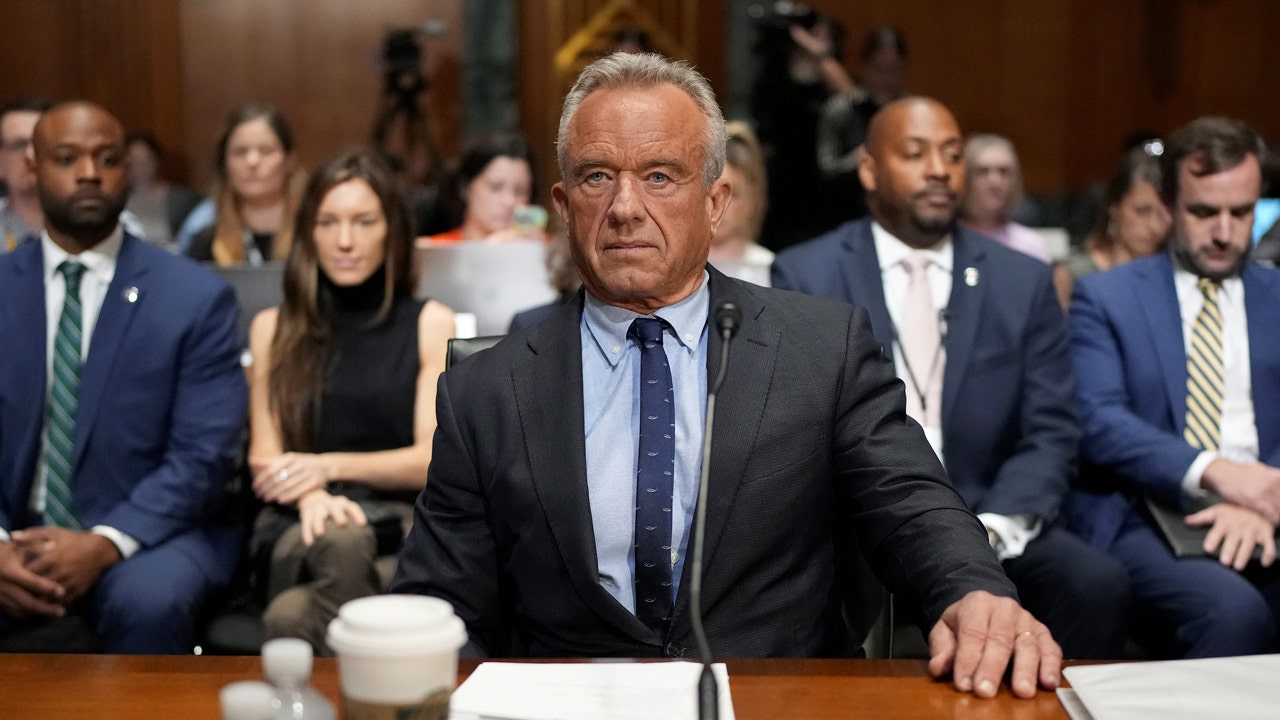RFK Jr. faces hostile Senate hearing over CDC firing, vaccines

Health and Human Services Secretary Robert F. Kennedy Jr. found himself in the spotlight on Thursday morning as he faced a contentious hearing before the Senate Finance Committee. The hearing room, typically reserved for legislative discussions, transformed into a battleground as Kennedy defended his recent actions regarding the Centers for Disease Control and his new COVID-19 booster guidelines.
Kennedy’s decision to dismiss CDC Director Susan Monarez and implement controversial eligibility criteria for the COVID-19 booster shot sparked heated exchanges with senators from both parties. Democrats grilled Kennedy on his handling of the pandemic, vaccine policies, and the CDC’s internal turmoil.
The Secretary’s responses, or lack thereof, to questions about COVID-19 death tolls and vaccine efficacy led to intense confrontations. Democratic senators Mark Warner, Maria Cantwell, and Elizabeth Warren accused Kennedy of endangering public health and called for his resignation.
Republican senators also expressed concerns about Kennedy’s leadership, with Senator Thom Tillis warning of potential consequences if vaccine policies were not carefully considered. Senate Health Committee Chairman Bill Cassidy questioned Kennedy’s praise for Operation Warp Speed while highlighting inconsistencies in his statements.
Despite the contentious nature of the hearing, Kennedy maintained his position on vaccine guidelines and the dismissal of CDC officials. He hinted at further changes within the agency and left open the possibility of additional firings.
As the hearing concluded, Vice President JD Vance and Senator Ron Johnson voiced support for Kennedy, criticizing the treatment he received from fellow senators. The ongoing turmoil surrounding Kennedy’s actions and the CDC’s future direction suggests that further debates and challenges lie ahead.
The Senate Finance Committee adjourned with Kennedy opting not to deliver closing remarks, signaling the end of this particular confrontation. However, the potential for future clashes in the arena of public health policy remains a looming possibility.




